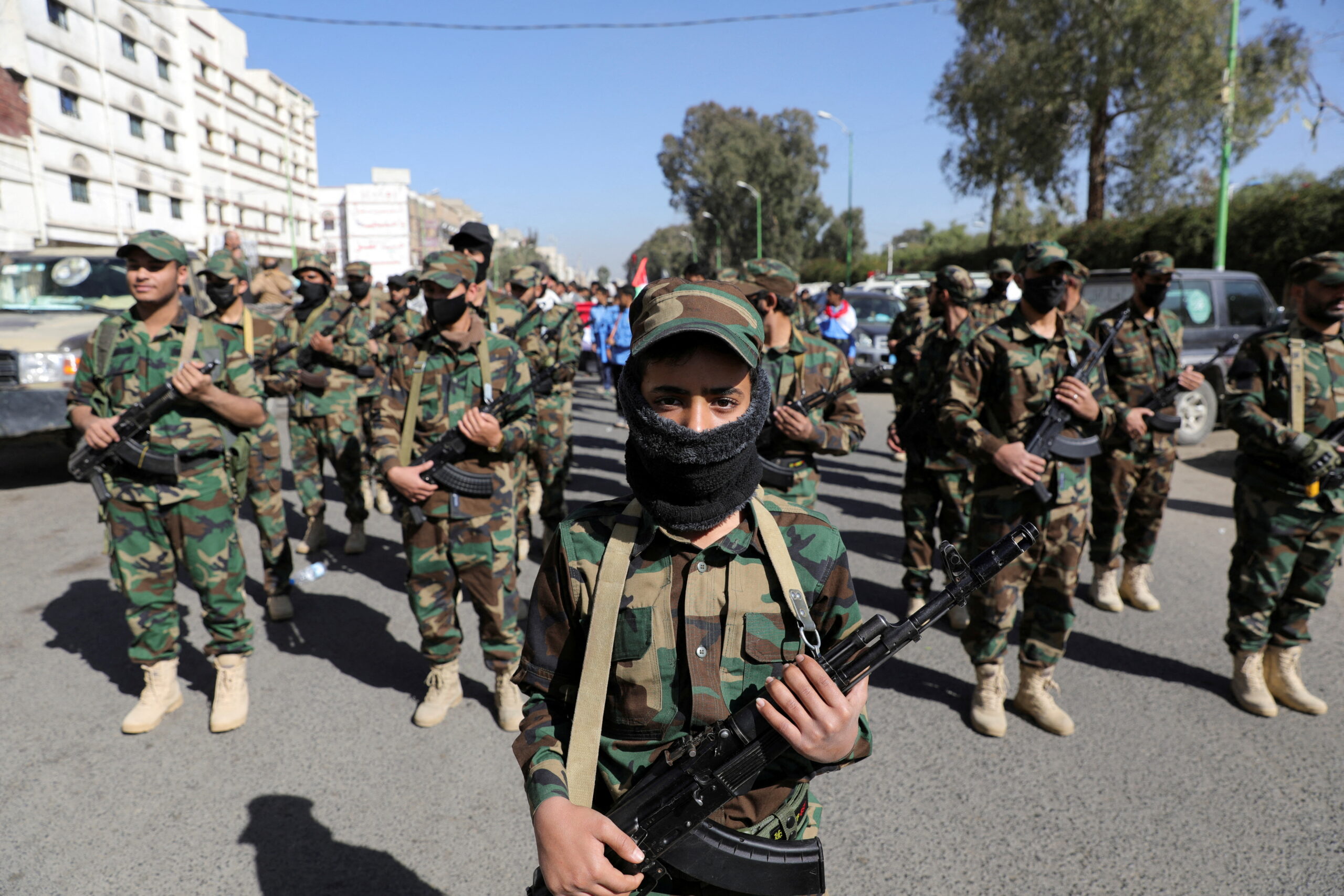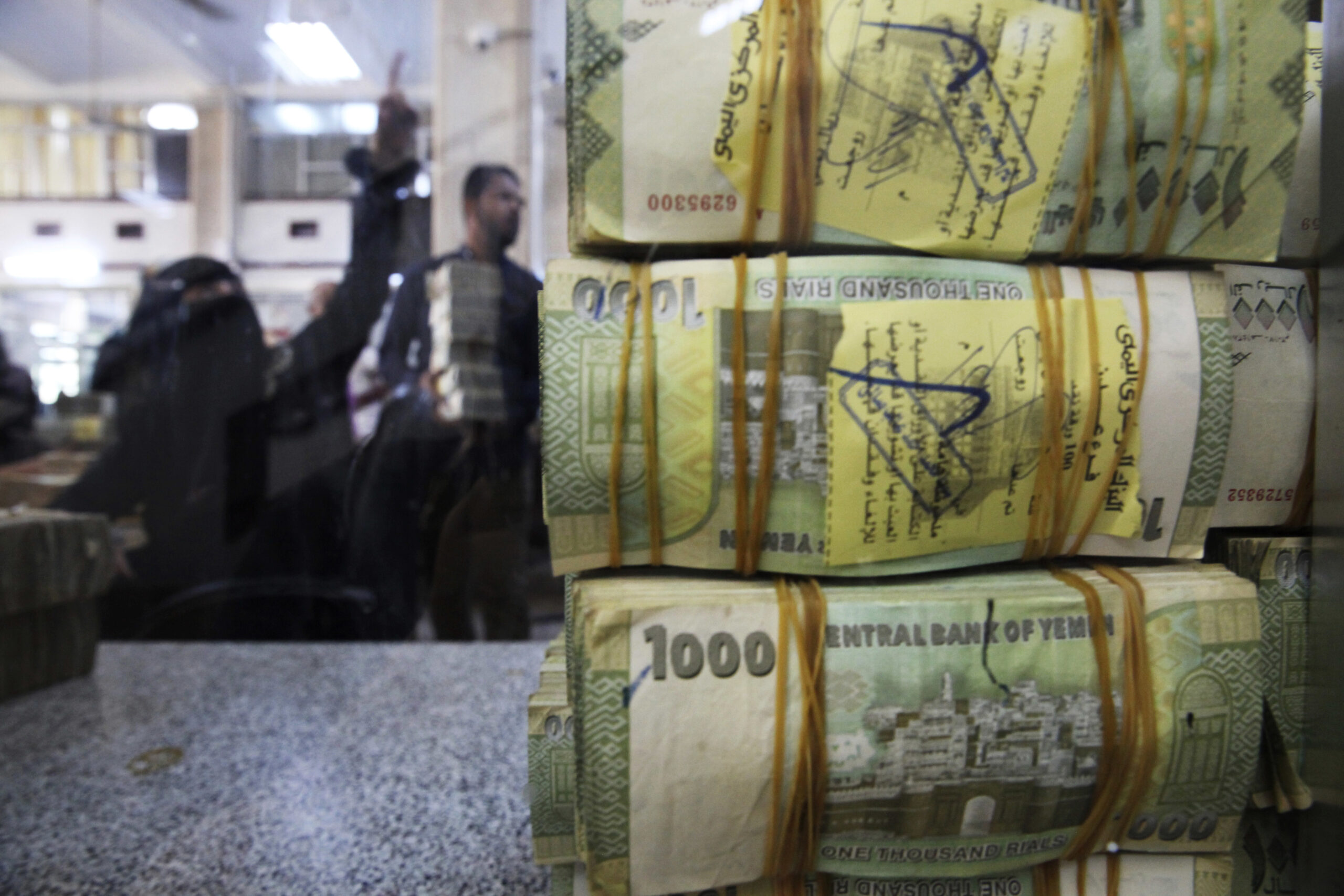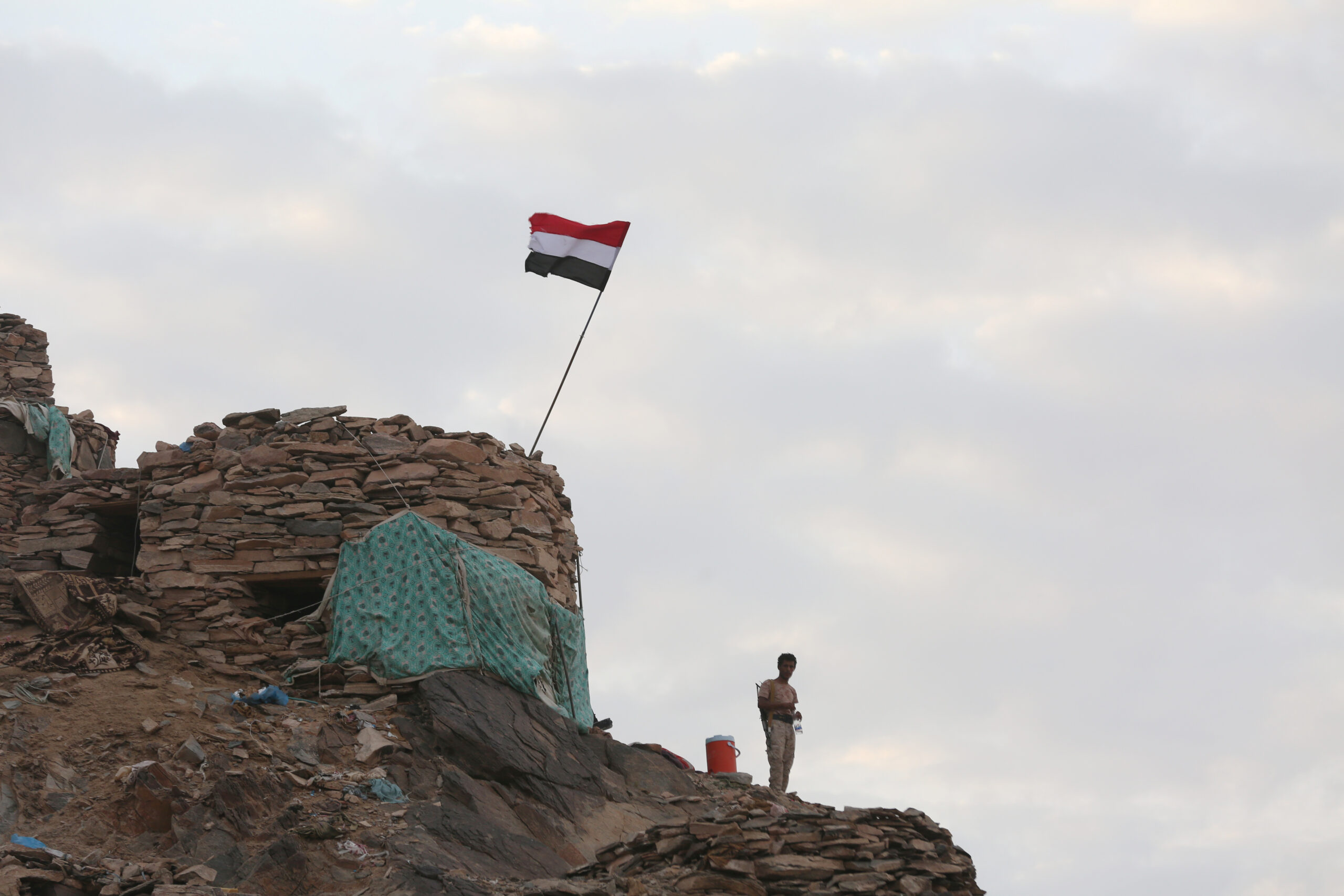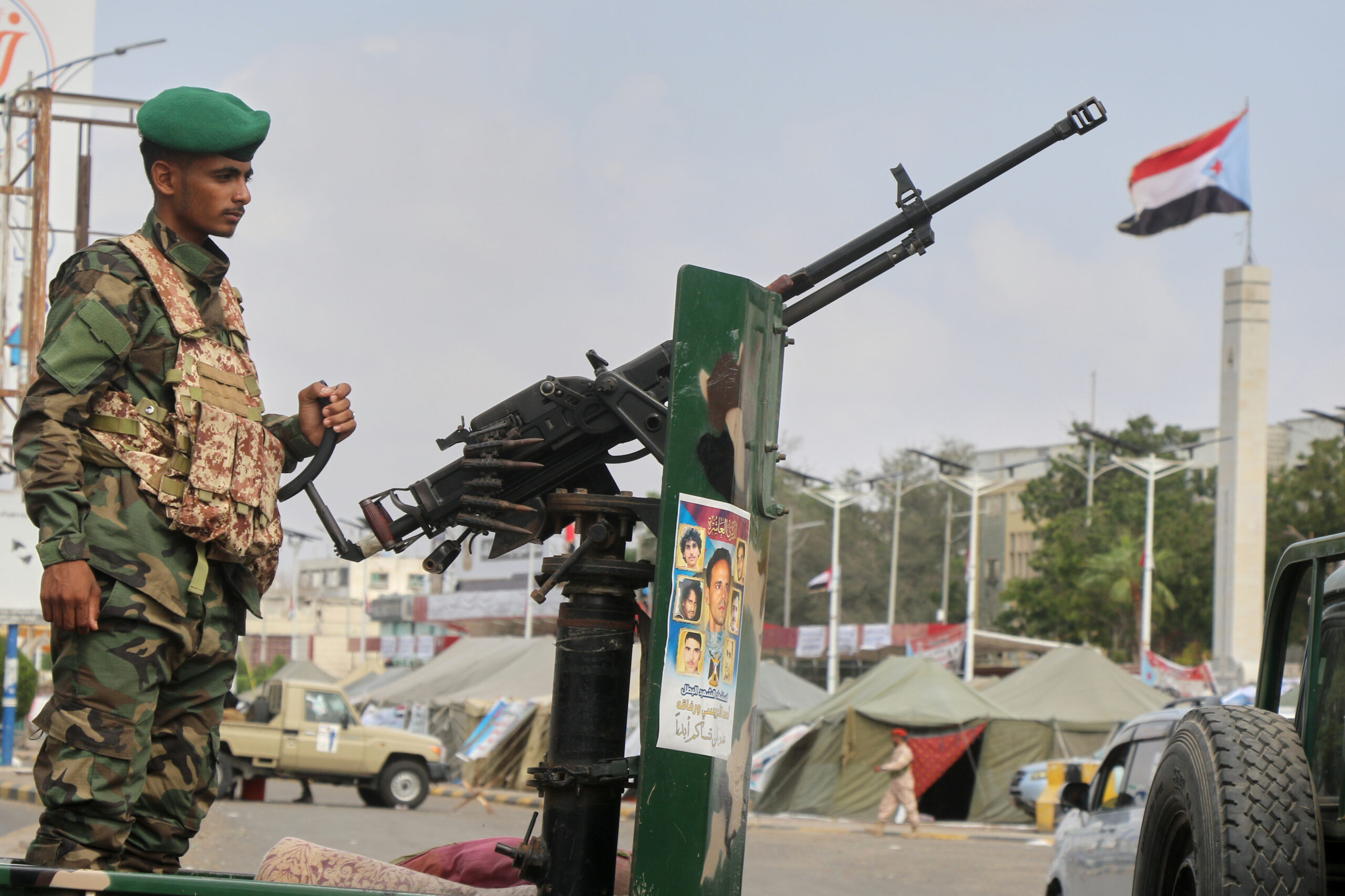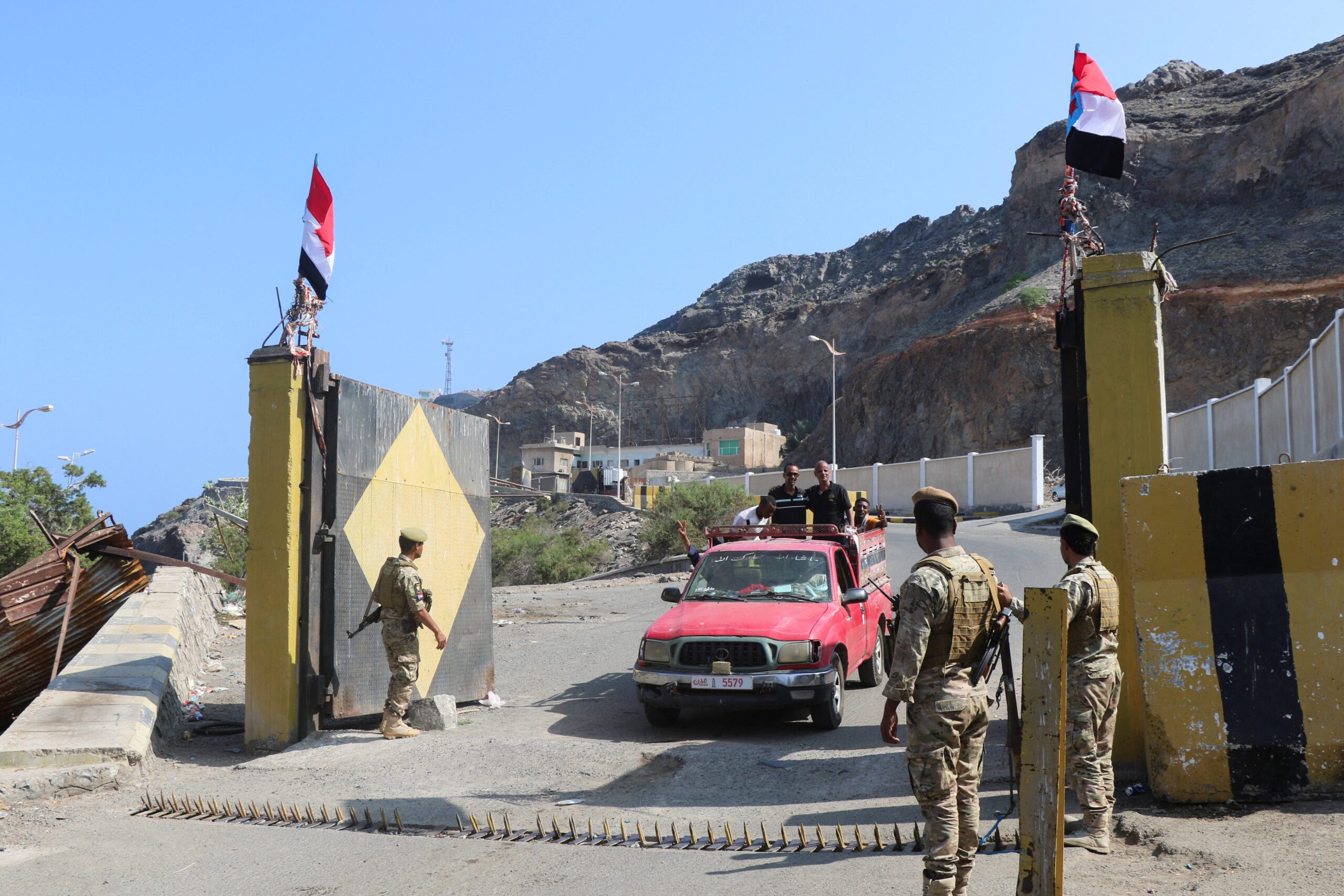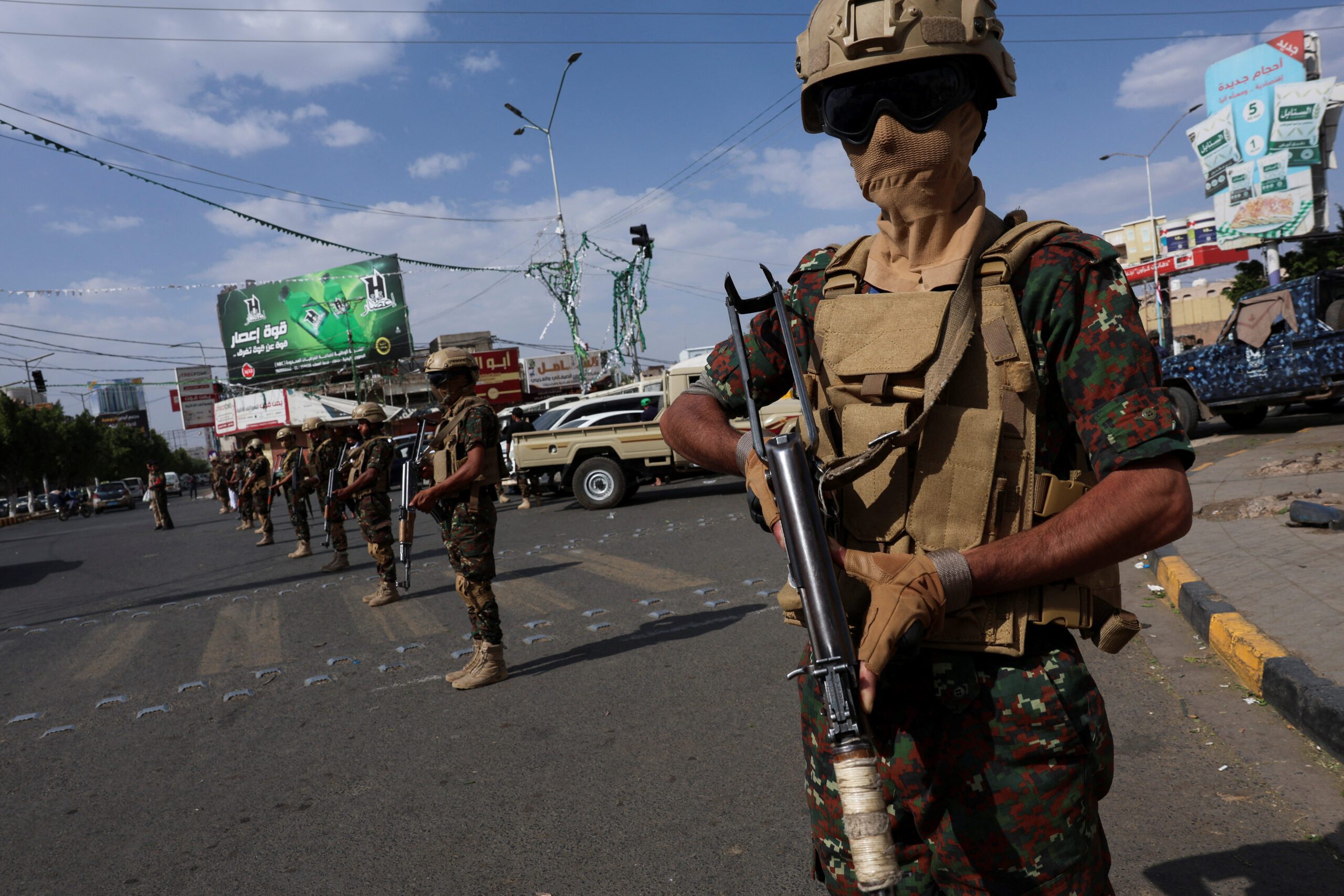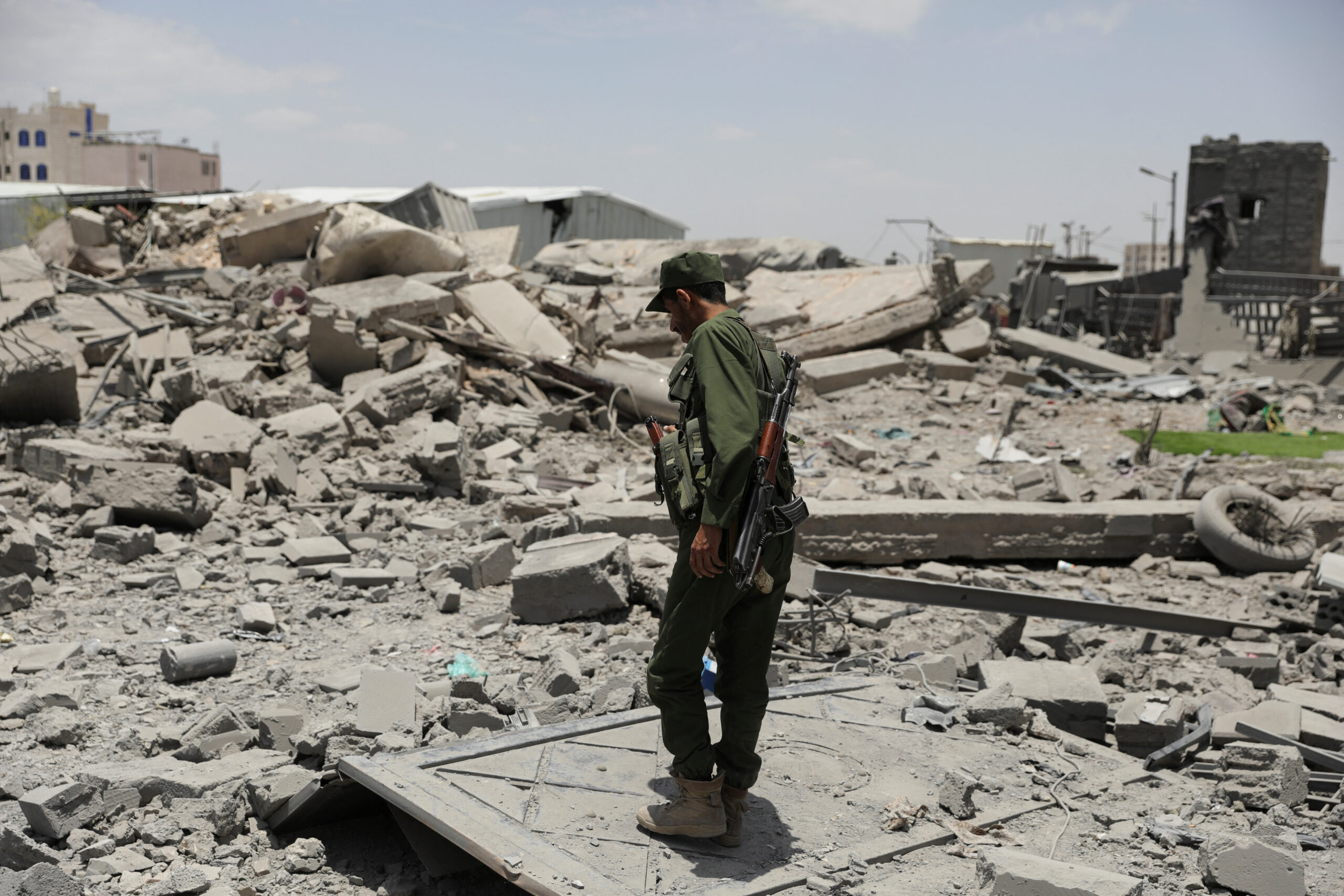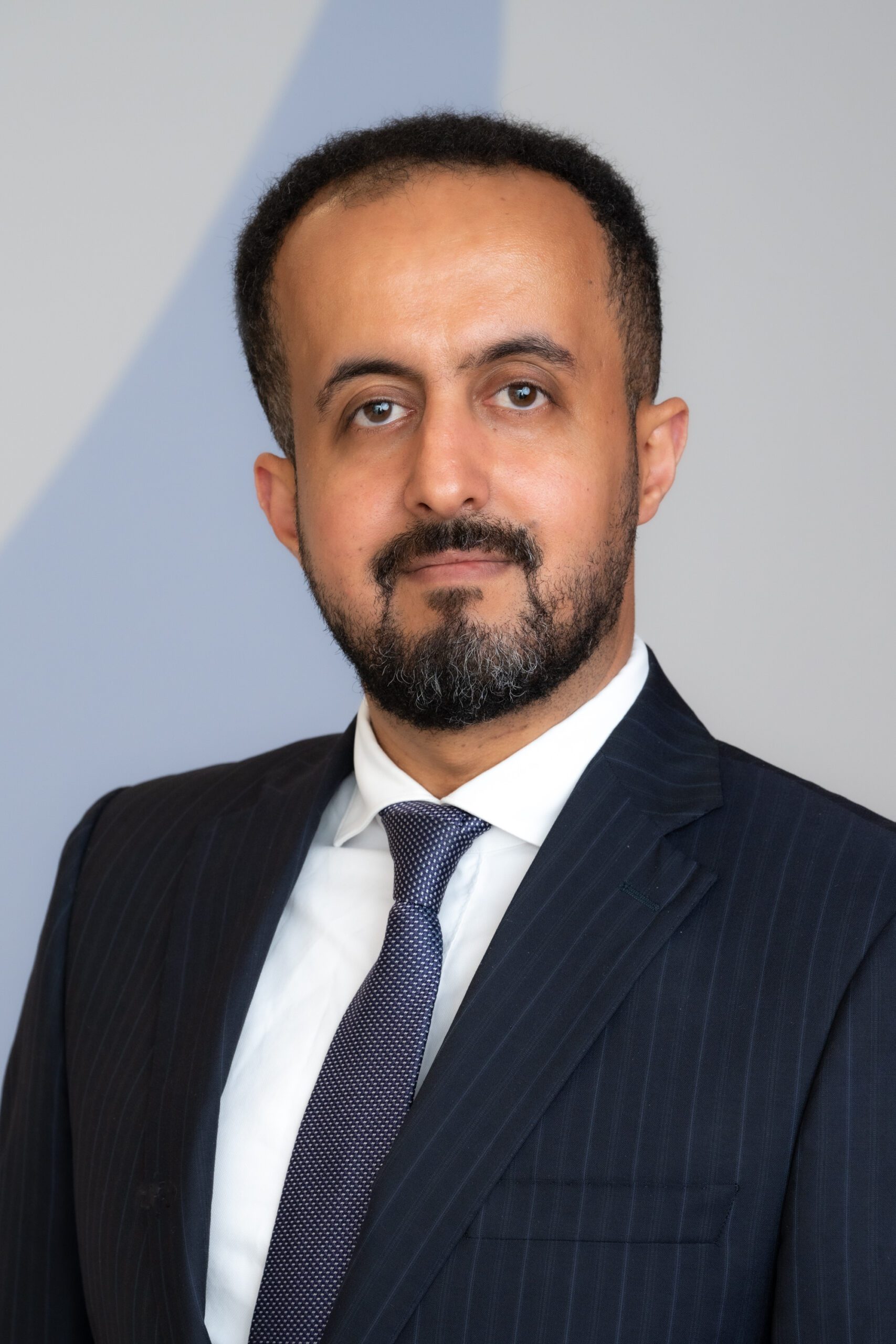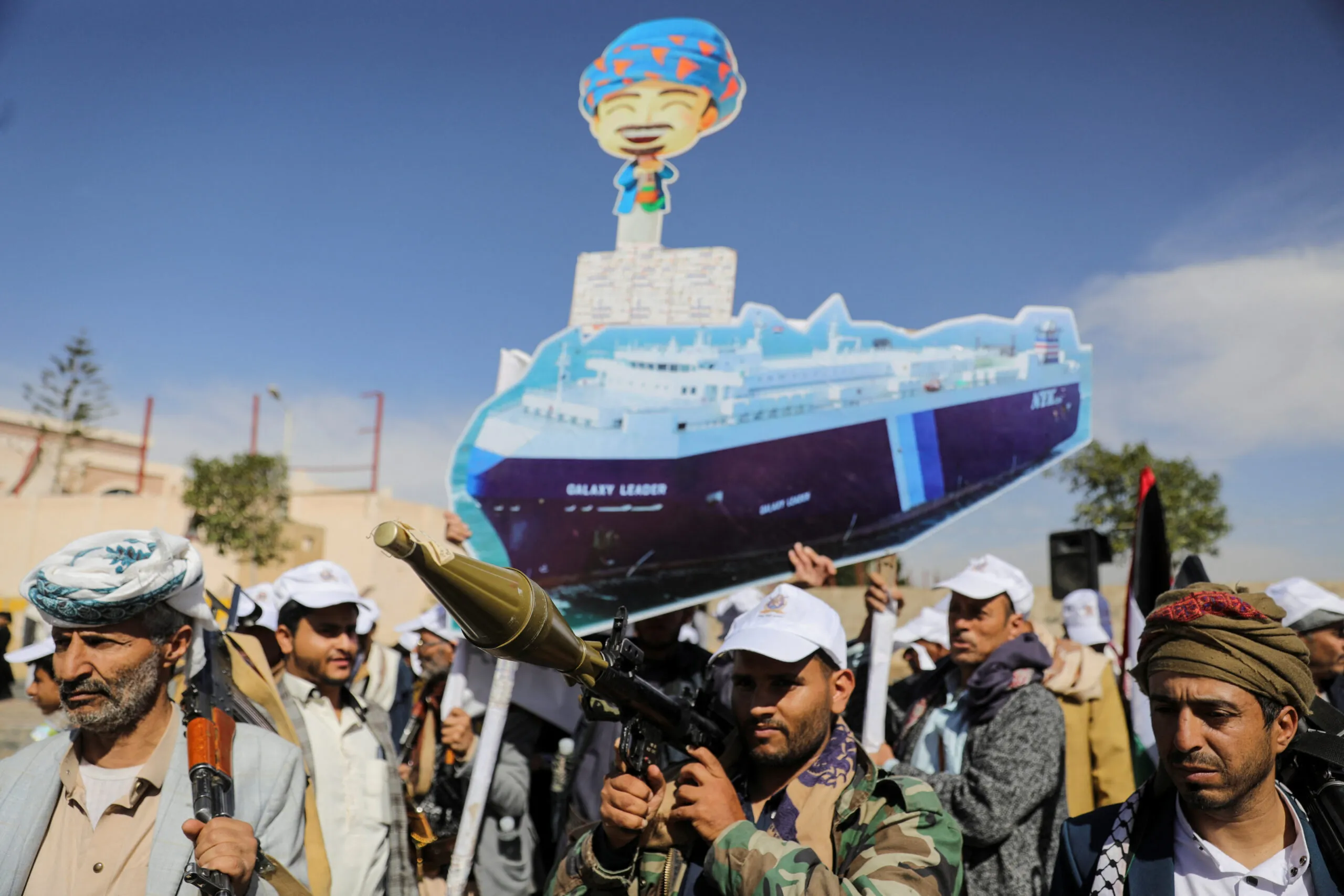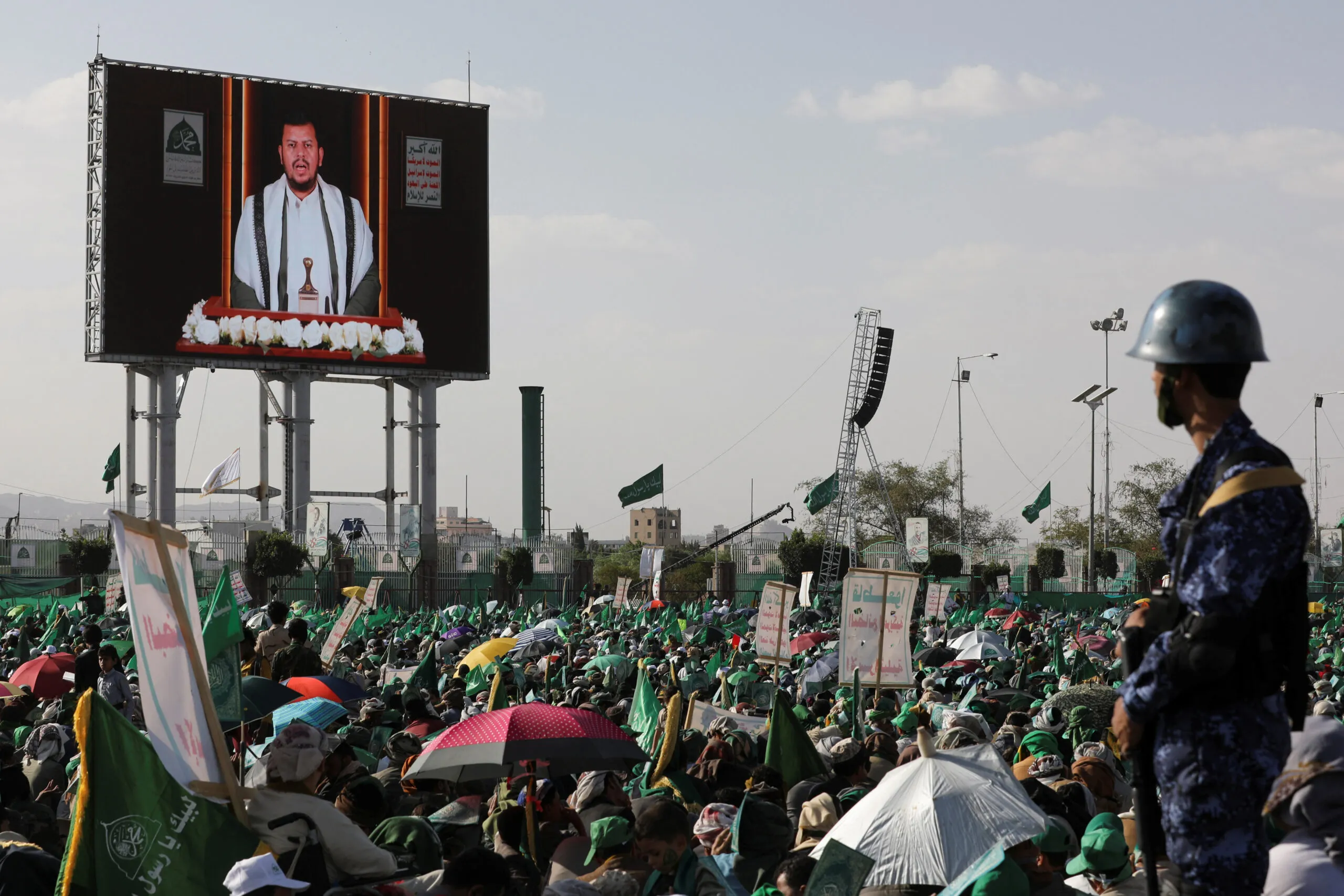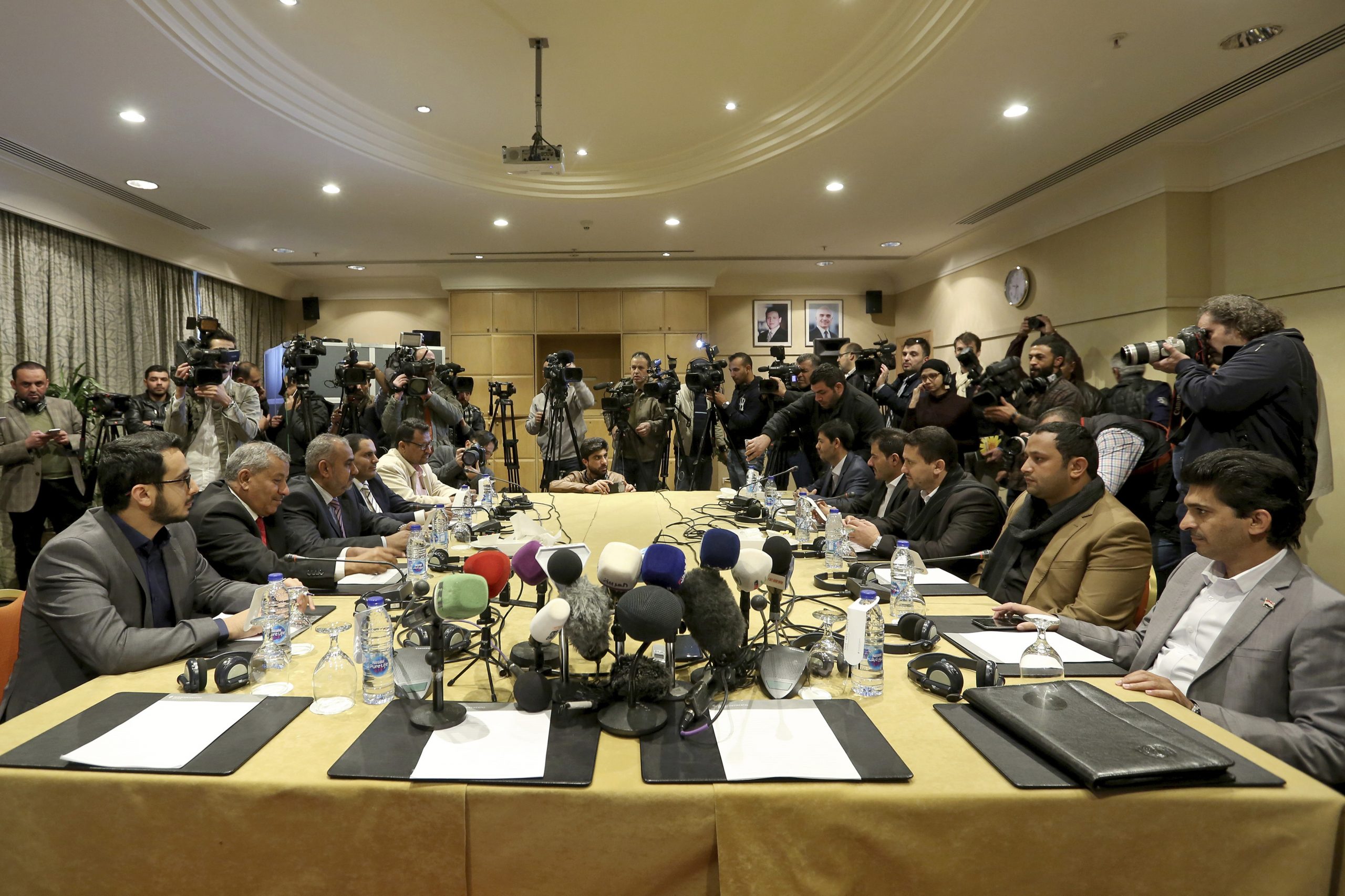Yemen’s Weakest Link: The Presidential Leadership Council
To eliminate the Houthis' capabilities, the United States will need the support of Yemen's Presidential Leadership Council, a body plagued by infighting and incompetence.
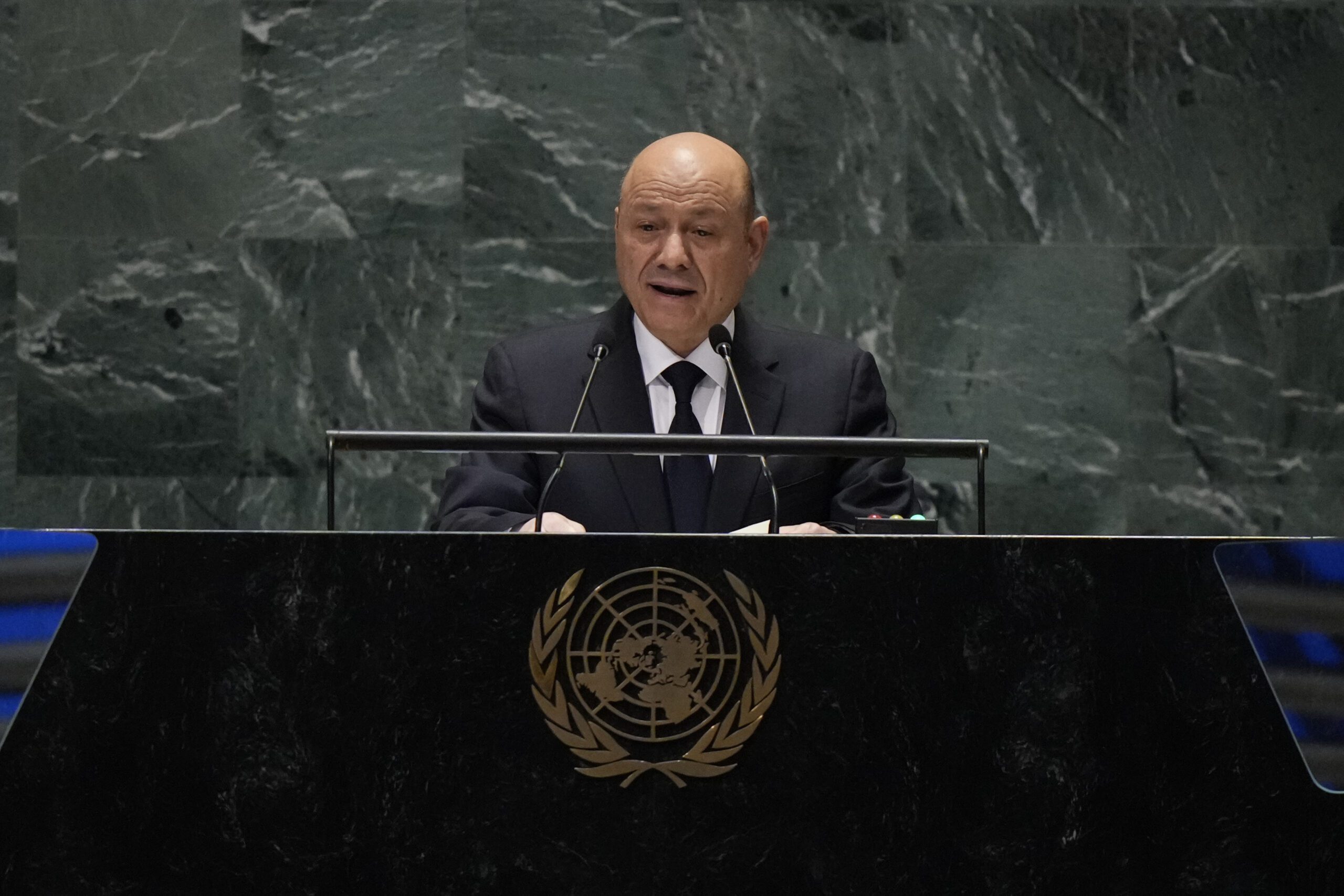
On March 4, the United States officially redesignated the Houthis as a foreign terrorist organization, pairing it with a handful of individual sanctions on top Houthi leaders. The move, which President Donald J. Trump announced in January, is two pronged. First, it looks to punish the Houthis for past actions, primarily the group’s attacks on U.S. naval and commercial shipping in the Red Sea. Second, it seeks to strangle the Houthis economically, preparing the ground for the group’s eventual weakening and possible defeat.
Trump made it clear in his January executive order that “it is now the policy of the United States to cooperate with its regional partners to eliminate the Houthis’ capabilities and operations, deprive them of resources, and thereby end their attacks on U.S. personnel and civilians, U.S. partners, and maritime shipping in the Red Sea.” The designation is the Trump administration’s first step toward achieving this policy. However, any U.S. effort to defeat the Houthis or even destroy their capabilities to conduct future attacks will depend heavily on the anti-Houthi alliance on the ground in Yemen.
The United States can carry out airstrikes as it did over the weekend and tighten the financial noose on the Houthis; but to degrade the Houthis to the point where they will be unwilling or unable to carry out attacks in the Red Sea, there will have to be on-the-ground pressure as well. For years this was done – although not particularly successfully – by Saudi Arabia and the United Arab Emirates. However, with both of those countries looking for an exit from Yemen, any ground fighting will likely depend on Yemen’s United Nations-recognized government. And this is where the U.S. plan to degrade or defeat the Houthis will run into trouble. Yemen’s U.N.-recognized government is headed by a divided and divisive group called, rather ambitiously, the Presidential Leadership Council. The United States can carry out as many airstrikes at it wants and squeeze the Houthis with sanctions, but, absent an adequate partner on the ground, it will be unable to bend the group to its will.
Fittingly, for a body as weak and divided as the Presidential Leadership Council has turned out to be, it was the result of a compromise designed in Saudi Arabia, signed off on by the UAE, and imposed upon Yemen. On April 7, 2022, then Yemeni President Abd Rabbu Mansour Hadi, who had last been elected in 2014 for what was supposed to be a one-year extension, traveled to Saudi Arabia, fired his vice president, and named an eight-man council to replace him. As Hadi exited the stage, the Presidential Leadership Council and all its problems moved to the center.
In theory, the Presidential Leadership Council was a fine idea, a desperate attempt to stitch together all the anti-Houthi elements in Yemen into a coherent whole. In practice, however, it has been an odd and ungainly Frankenstein’s monster comprised of Yemen’s remaining parts. For example, although the Presidential Leadership Council is intended to represent and be the government of all of Yemen, the vice president of the council, Aidarous al-Zubaidi, heads the Southern Transitional Council, which advocates for Southern secession and an independent Southern state. Another member, Abdullah al-Alimi Bawazir, is a member of the Islah Party, which has frequently clashed with the Southern Transitional Council. Tariq Saleh, the nephew of former Yemeni President Ali Abdullah Saleh, was once allied with the Houthis, before breaking with them in late 2017. Saleh is widely distrusted by Southerners and members of the Southern Transitional Council for his family’s role in Yemen’s 1994 civil war, when a Southern secession attempt was brutally put down by the north.
The past three years have, not surprisingly, been a disaster of infighting and incompetence for the Presidential Leadership Council. Part of this, of course, is a result of the divergent goals of Saudi Arabia and the UAE, both of which continue to sponsor different factions within the council. The Southern Transitional Council, which is backed by the UAE, has repeatedly clashed with Islah-affiliated units in the military, who are backed by Saudi Arabia. The Southern Transitional Council has also been increasingly vocal in criticizing the Presidential Leadership Council and its chairman, Rashad al-Alimi. The military, which should represent the Presidential Leadership Council as Yemen’s U.N.-recognized government, is instead riven with divisions as units are more loyal to individual commanders than to any vague sense of a national government. Southern Transitional Council units refuse orders from Islah-affiliated commanders, while units loyal to Tariq Saleh, who is also backed by the UAE, operate independently of both. Even on the rare occasion when the Presidential Leadership Council agrees on an approach and begins to implement it, such as its attempt to cut the Houthis off from the international banking sector, its efforts can be vetoed by Saudi Arabia, which pulled the plug over concerns of renewed Houthi attacks.
The economy, particularly in the south, is in shambles with the Yemeni rial continuing to lose value, threats of worse times to come, and politicians within the Presidential Leadership Council blaming each other. Predictably, economic weakness and military division has only strengthened the hand of the Houthis, who now appear to be preparing for another military offensive on the oil and gas fields in Marib.
The Houthis have been fighting in Yemen for more than two decades and have survived years of Saudi and Emirati airstrikes. They are skilled at exploiting preexisting tensions and playing different interest groups off one another. Combine that with the Houthis’ new-found military prowess and ability to project power into the Red Sea, as well as the way in which they have linked themselves to the Palestinians cause, and there simply isn’t a domestic rival capable of defeating the Houthis.
This puts the United States in a difficult position. Even with maximum sanctions and increased airstrikes, the United States will have a difficult time eliminating Houthi capabilities. For that, it needs a partner on the ground. Saudi Arabia and the UAE are both reluctant to restart their Yemen campaigns, which leaves only the Presidential Leadership Council. The United States, like Saudi Arabia and the UAE before it, could attempt to impose some order and coherence on the group. But attempting the same thing is likely to bring about the same result.
The United States can hurt the Houthis, it can weaken them, but without effective ground troops – either its own or someone else’s – it will not be able to eliminate their capabilities.
The views represented herein are the author's or speaker's own and do not necessarily reflect the views of AGSI, its staff, or its board of directors.

